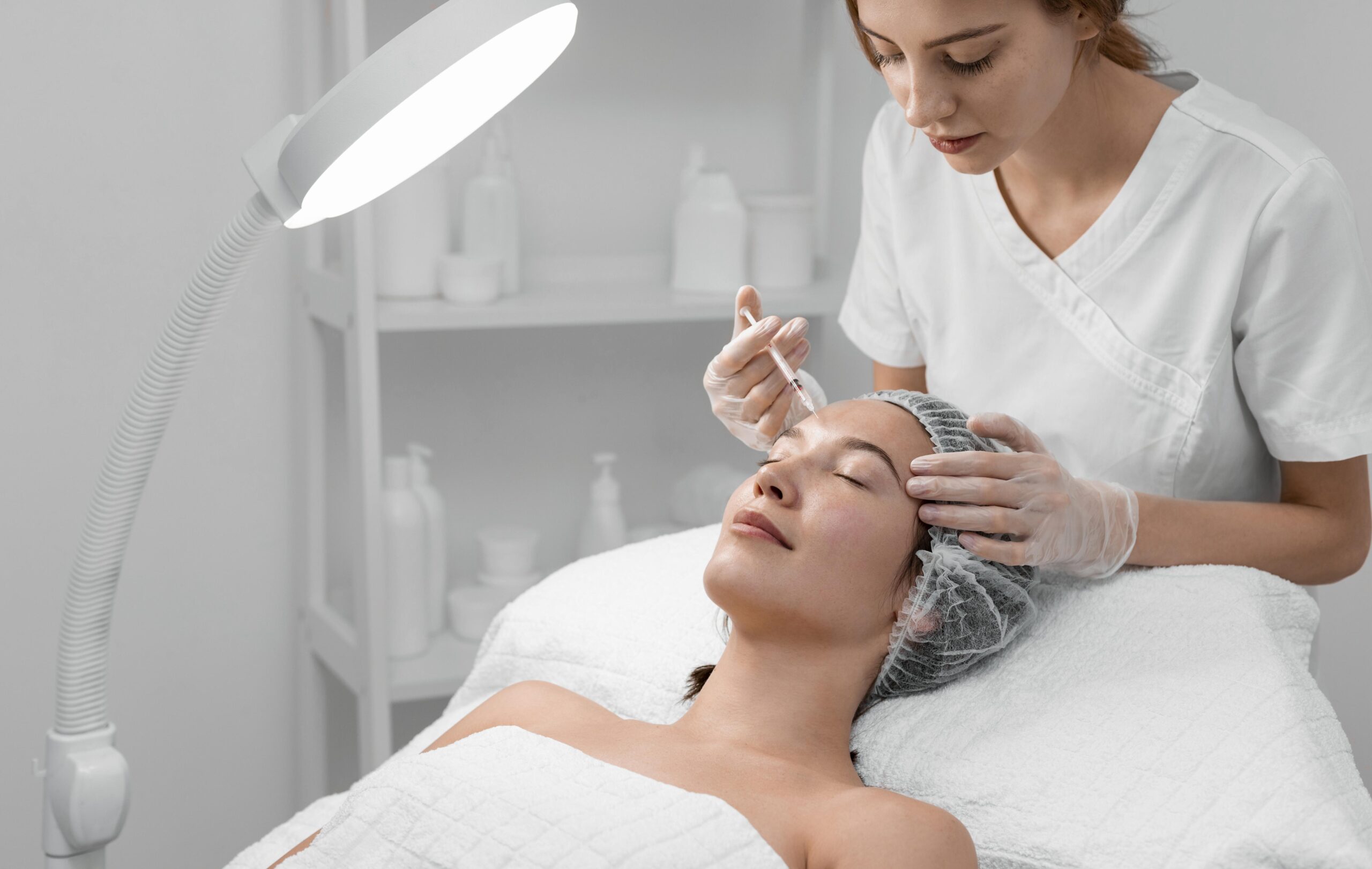Glutathione in skin care has become a popular topic. Many people want brighter, healthier skin. But what is glutathione, and why is it important? In this blog, we will explain how glutathione works, its benefits, and how to use it safely. You will also learn about scientific evidence and tips for adding it to your routine.
What is Glutathione?
First, let’s understand what glutathione is. Glutathione is a natural antioxidant found in every cell of your body. It helps protect your skin and other organs from damage. Because it fights harmful molecules called free radicals, it keeps your skin looking fresh. In fact, your body makes glutathione on its own. However, some people use extra glutathione for skin care, hoping for added benefits.
How Does Glutathione Benefit the Skin?
Glutathione offers several benefits for your skin. For example, it helps with skin brightening and safe skin lightening. Here are some key ways glutathione supports healthy skin:Antioxidant benefits: It protects skin cells from damage caused by pollution and sunlight.Skin brightening: Many people notice a more even skin tone after using glutathione.Reduces dark spots: It may help fade spots caused by sun or aging.Supports healing: Glutathione can help your skin recover from minor damage.
Because of these benefits, glutathione is found in many creams, pills, and even injections. However, results can vary from person to person.
Scientific Evidence Supporting Glutathione in Skin Care
Several studies have looked at glutathione’s effects on the skin. For instance, a study in the Journal of Clinical and Aesthetic Dermatology found that oral glutathione helped lighten skin in some people. Another review in the International Journal of Dermatology showed that glutathione’s antioxidant properties protect against skin aging. However, experts like the World Health Organization (WHO) and the U.S. Food and Drug Administration (FDA) urge caution. Not all products are proven safe or effective. Therefore, always check with a doctor before starting new treatments.
Safe Use and Potential Side Effects
While glutathione is natural, using it in high amounts can cause side effects. Some people may notice:Stomach upset or crampsSkin rashes or allergic reactionsBreathing problems (rare, but possible with injections)
Because of these risks, it is important to use only trusted products. Always follow the instructions on the label. If you notice any side effects, stop using the product and talk to your doctor. In addition, avoid unapproved injections or high-dose supplements.
Tips for Incorporating Glutathione into Your Skin Care Routine
If you want to try glutathione for skin care, start slowly. Here are some tips to help you:Choose products from trusted brands.Read the label and follow directions carefully.Start with a patch test to check for allergies.Use sunscreen daily, as it protects your skin from further damage.Talk to a dermatologist before starting new supplements or creams.
Remember, results may take time. Consistency and patience are key for healthy skin.
Prevention and Lifestyle Guidance
Besides using glutathione, you can keep your skin healthy with good habits. For example, eat a balanced diet rich in fruits and vegetables. These foods help your body make its own glutathione. Also, drink plenty of water to keep your skin hydrated. Avoid smoking and limit alcohol, as these can lower your natural glutathione levels. Finally, protect your skin from the sun by wearing hats and using sunscreen every day.
In summary, glutathione in skin care offers many benefits, but it is important to use it safely. For the best results, combine glutathione with healthy habits. Consult a dermatologist for personalized advice on using glutathione in your skin care routine.



